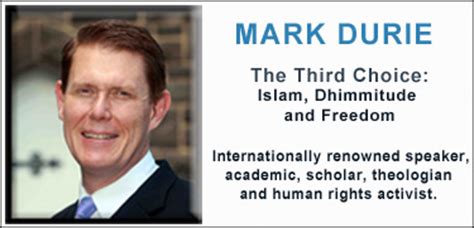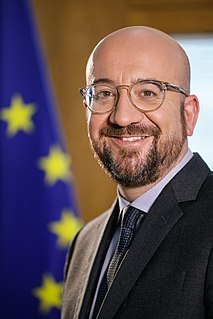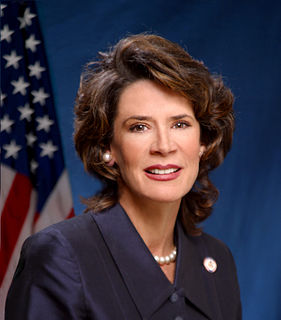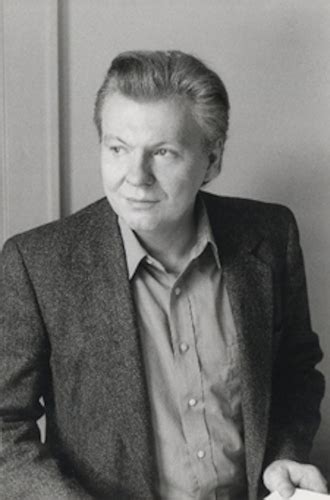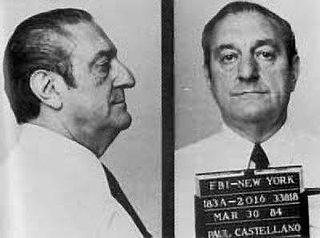A Quote by David Cameron
Before people break the law, they need strong families - adult authority figures and the love of the family. When they step over the line, I'm a Tory. I believe in tough responses, in the law coming down on people like a ton of bricks.
Related Quotes
The law is equal before all of us; but we are not all equal before the law. Virtually there is one law for the rich and another for the poor, one law for the cunning and another for the simple, one law for the forceful and another for the feeble, one law for the ignorant and another for the learned, one law for the brave and another for the timid, and within family limits one law for the parent and no law at all for the child.
I was in the most restricted prison in China, the most tough. The design of the prison is modeled for internal crimes of the Communist party, so it's like a mafia family's law. It's independent to the law this nation openly applies. It's the place they take you before they give you over to the judicial system. You stay there for a year or two and they make you really suffer to confess everything.
In detective land, you have to deal with a lot of intense emotions, so you yourself have to remain mostly unemotional and detached. These are people, like law enforcement and surgeons, in professions that don't have the luxury of being able to be emotional or to break down. In my line of work, it's almost a requirement.
The first rules about Islamic law weren't even written down for a century and a half after the Prophet's death, and it was another five centuries, half a millennium, before they assumed anything like a definitive form. So there have always been huge arguments over what Islamic law actually requires. There are four main schools of law in Sunni thought and there's a separate school of law in Shia thought, so these arguments do take place.
I believe in the separation of powers. If a judge crosses the line between interpreting and making the law, he has crossed the line supporting his legitimate authority from the legislative branch's authority. Now, to me that's a very serious matter if we believe, as America's founders, did that the separation of powers - not just in theory or in textbook but in practice in the actual functioning of government - is the linchpin of limited government and liberty.
All attempts at law, all religion, all ethical norms might be nothing more than attempts by the weak to restrain the strong. Then, within the law, arise the new strong, who subvert the law for their own ends of power and family interest, leaving the old strong outside their circle to pursue the waiting possibilities which they call crime. The weak, the cowardly, the decent ones, live between these groups.
We're not children here. The law is-how should I put it? A convenience. Or a convenience for some people, and an inconvenience for other people. Like, take the law that says you can't go into someone else's houseI have a house, so, hey, I like that law. The guy without a house-what's he think of it? Stay out in the rain, schnook.That’s what the law means to him
I do not agree with the use of 'signing statements' to effectively act as a line-item veto, except when the President believes a law or a provision within a law is unconstitutional.In general, if a President signs a law, they are committing themselves to enforcing it. If they don't believe it should become a law, they should veto it.
We make a big mistake when we conclude that the law is the answer to bad behavior. In fact, the law alone stirs up more of such behavior. People get worse, not better, when you lay down the law. To be sure, the Spirit does use both God's law and God's gospel in our sanctification. But the law and the gospel do very different things.




